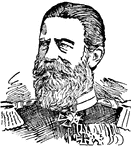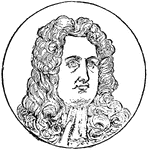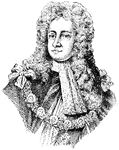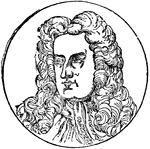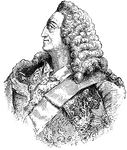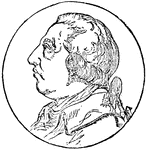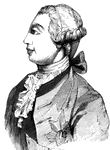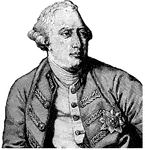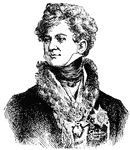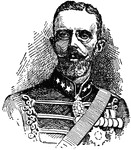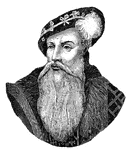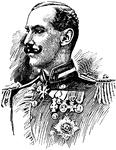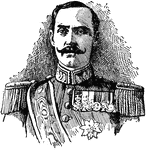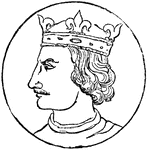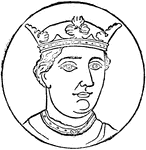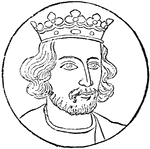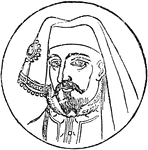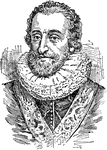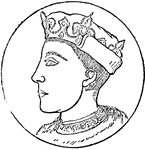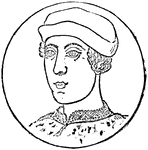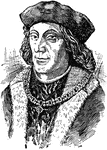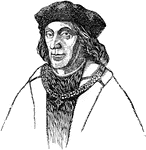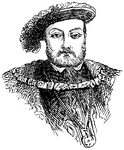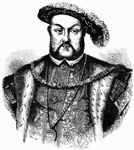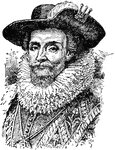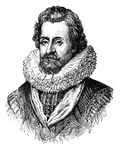The Kings ClipArt gallery provides 209 portraits of various kings throughout history.
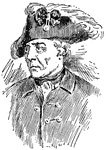
Frederick II
(1712-1786) King of Prussia from the Hohenzollern dynaasty, known as the founder of Germany's military…
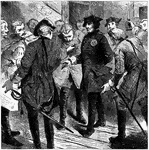
Frederick II of Prussia
An illustration of Frederick II of Prussia attempting to find lodging for the evening. Frederick II…
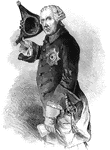
Frederick II of Prussia
A portrait of Frederick II of Prussia in his military uniform. Frederick II (January 24, 1712 –…
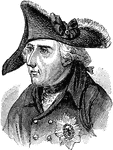
Frederick II of Prussia
Frederick II (January 24, 1712 – August 17, 1786) was a King of Prussia (1740–1786) from…
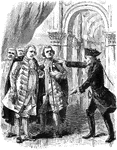
Frederick II of Prussia and Judges
An illustration of Frederick II of Prussia and the unjust judges. Frederick II (January 24, 1712 –…
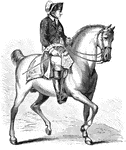
Frederick II of Prussia on Horseback
An illustration of Frederick II of Prussia on horseback. Frederick II (January 24, 1712 – August 17,…
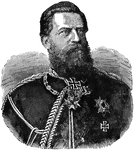
Frederick III, German Emperor
Frederick III (October 18, 1831 - June 15, 1888), was German Emperor and King of Prussia, ruling for…
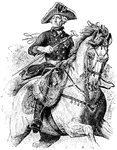
Frederick the Great
"Frederick II (The Great, 1740-1786). The young Frederick had been brought up in a rough school. His…
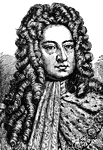
King George I of Great Britain
George I (28 May 1660 – 11 June 1727) was King of Great Britain and Ireland from 1 August 1714…
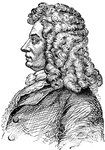
George I, King of England
The King of Great Britain and Ireland from August 1, 1714 until he died on June 11, 1727.

George I, King of Greece
George I (born Prince William of Schleswig-Holstein-Sonderburg-Glücksburg; 24 December 1845 – 18…
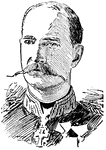
George I, King of Greece
George I (1845 – 1913) was King of Greece from 1863 until his death in 1913.

Usual Appearance of George III. About 1776 (From a sketch by Gear.)
George III (George William Frederick; 4 June 1738 - 29 January 1820) was King of Great Britain and King…
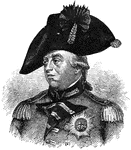
George III, King of England
"George III (1760-1815). The first two Hanoverian kings were ignorant of English politics and obliged…
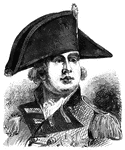
George III, King of England
"King George III, king of England during the old Confederation."—E. Benjamin Andrews, 1895
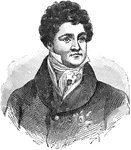
George IV
George IV (George Augustus Frederick; 12 August 1762 - 26 June 1830) was king of the United Kingdom…
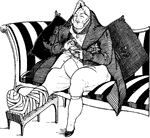
George IV
George IV or George Augustus Frederick (12 August 1762 – 26 June 1830) was king of the United…
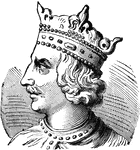
Henry I of England
Henry I (c. 1068/1069 – 1 December 1135) was the fourth son of William I the Conqueror, the first…
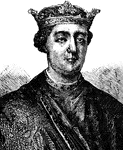
Henry II
Henry II of England (5 March 1133 – 6 July 1189) ruled as King of England (1154–1189). Henry…
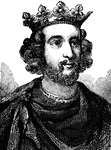
Henry III
Henry III (1 October 1207 – 16 November 1272) was the son and successor of John "Lackland" as…
Henry III of England
Henry III (1207 – 11272), also known as Henry of Winchester, was King of England, Lord of Ireland…
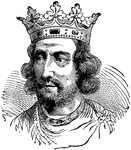
Henry III of England
Henry III (1 October 1207 – 16 November 1272) was the son and successor of John "Lackland" as…
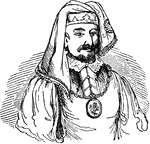
Henry IV
"By embracing the Catholic religion he made his way to the throne of France; and this monarch, Henry…
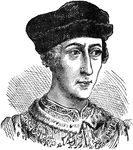
Henry V of England
Henry V (16 September 1386 – 31 August 1422) was one of the most significant English warrior kings…
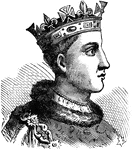
Henry VI of England
Henry was the only child and heir of King Henry V of England and therefore great things were expected…
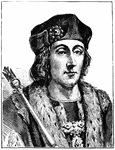
Henry VII of England
Henry VII (January 28, 1457 – April 21, 1509), King of England, Lord of Ireland (August 22, 1485…
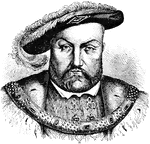
Henry VIII
"Henry VIII (1509-1547) came to the throne in 1509, inheriting a vast treasure which he owed to the…

Prince Henry
An infante of the Kingdom of Portugal, and was responsible for the early development of European exploration…
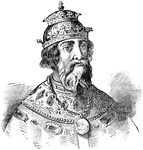
Ivan IV
Ivan IV Vasilyevich (1530 – 1584), commonly known as Ivan the Terrible , was the Grand Prince of Moscow…
